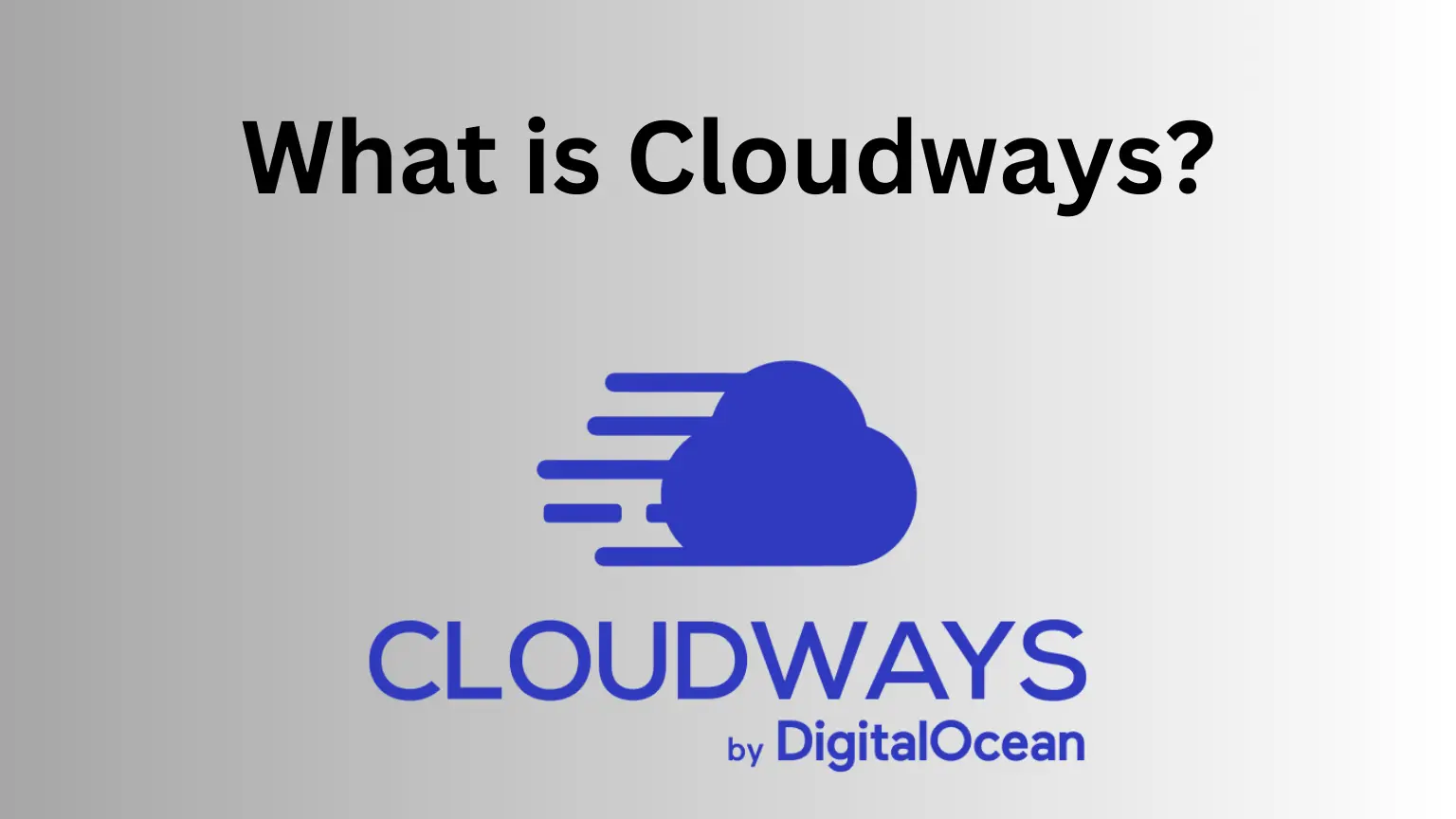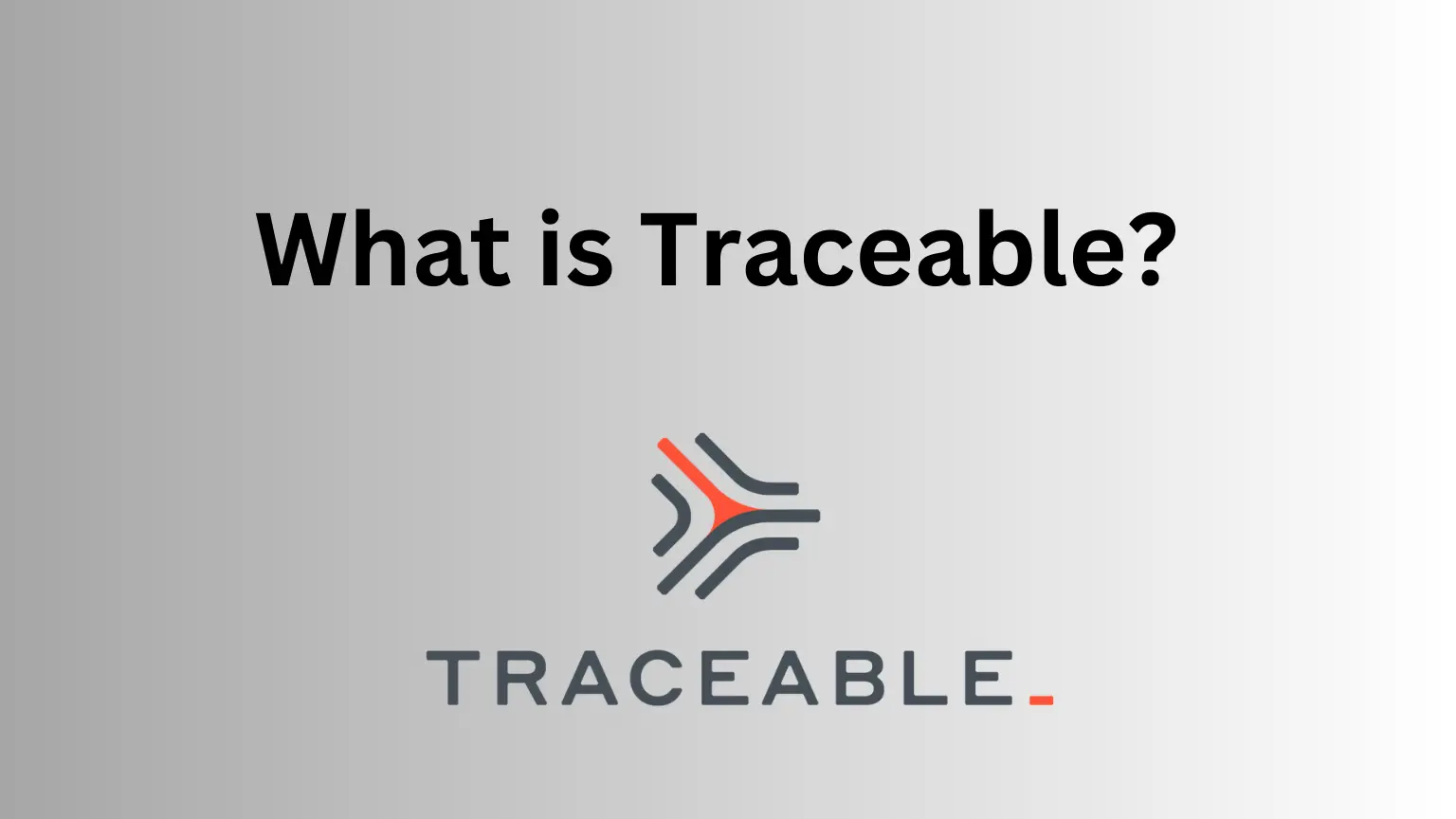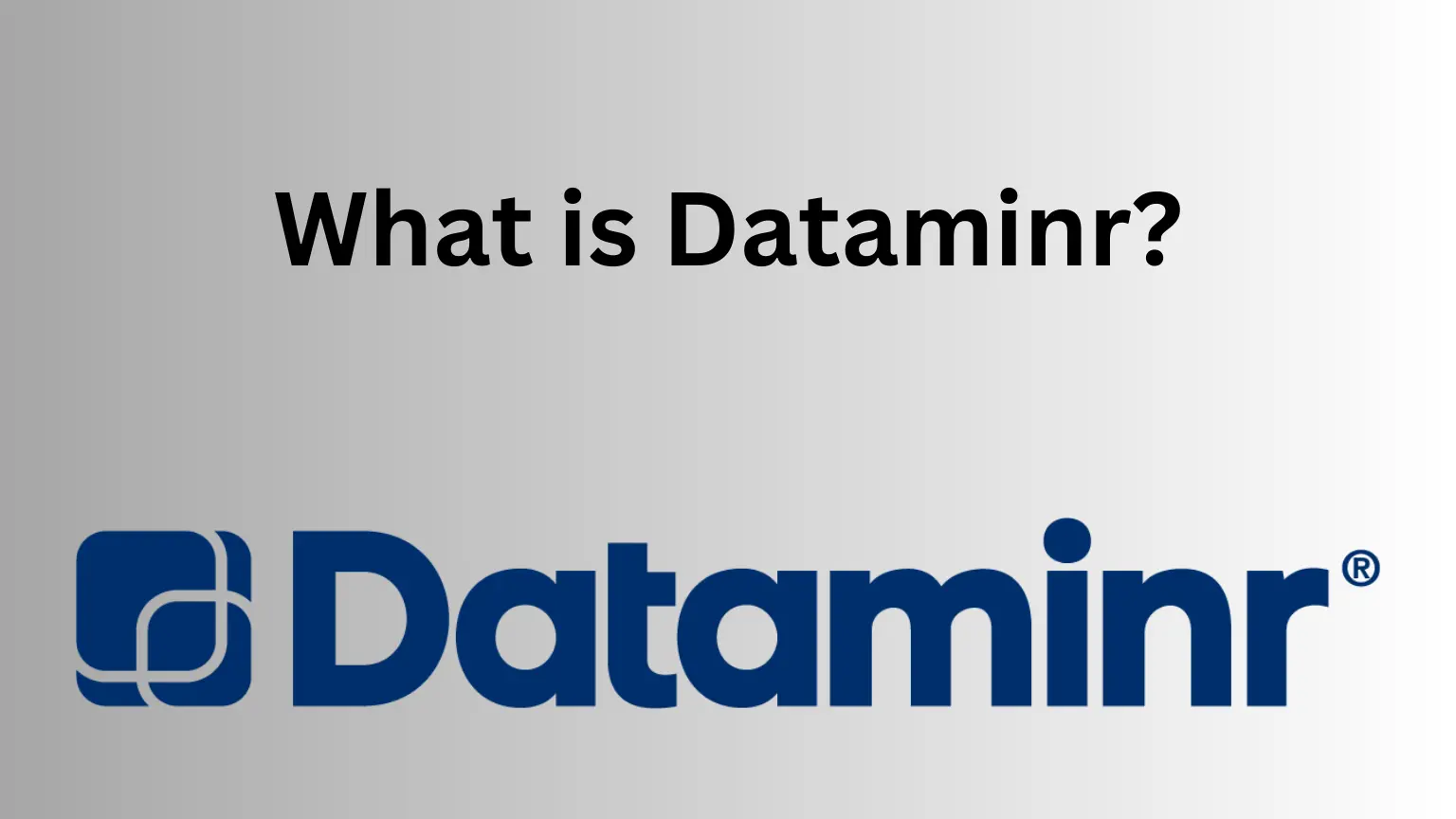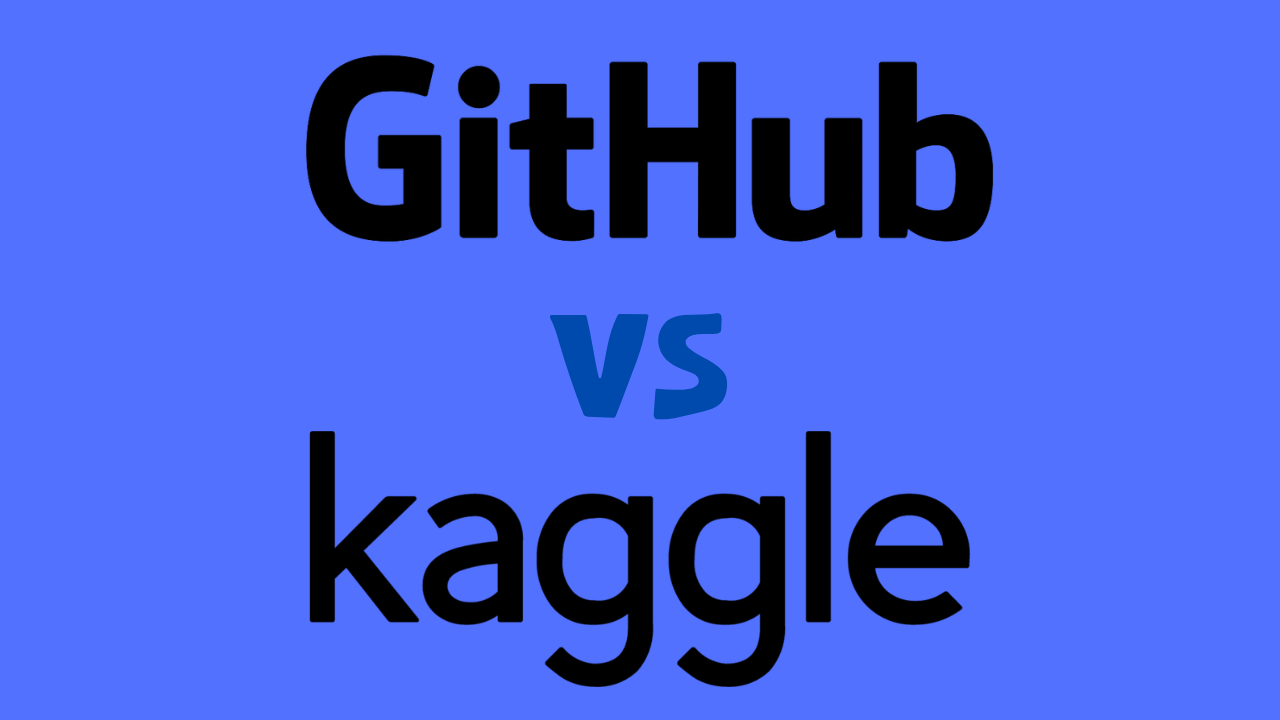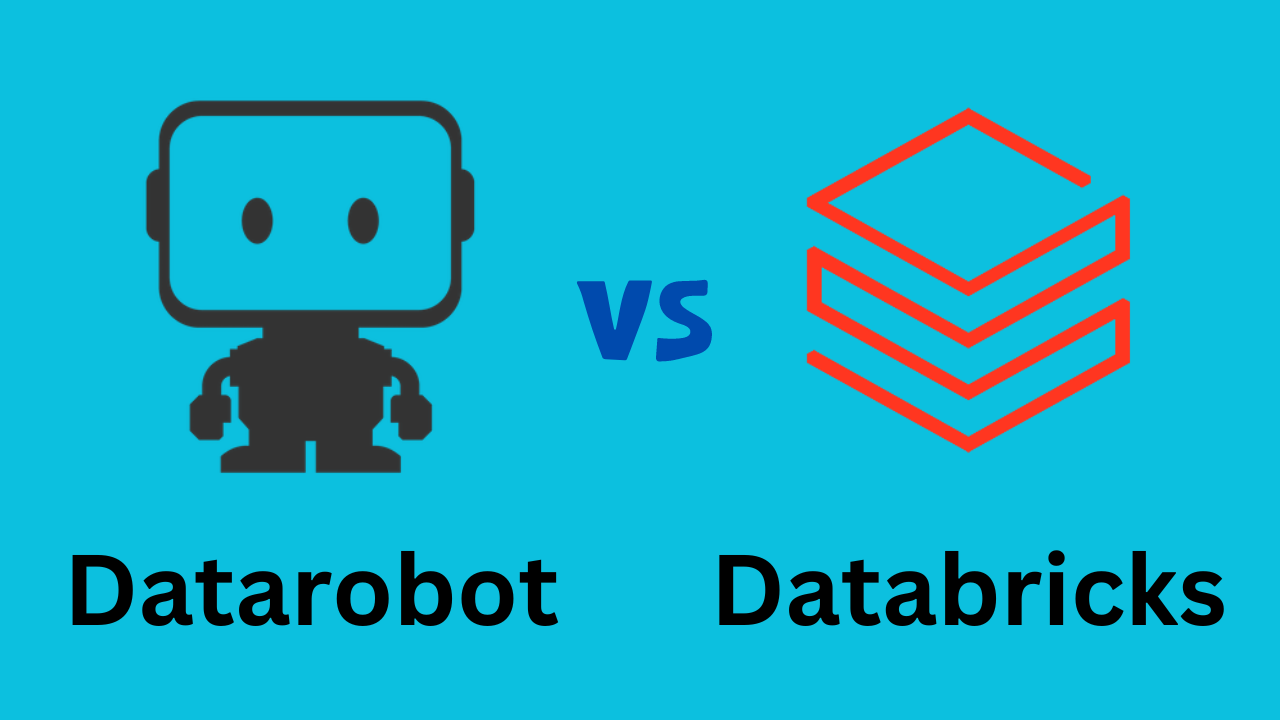Cloud computing has revolutionized the way businesses operate, providing a flexible and scalable infrastructure that can be accessed from anywhere in the world. Two of the biggest players in the cloud market are Amazon Web Services (AWS) and Microsoft Azure. In this article, we’ll take a deep dive into the features and capabilities of these two cloud services, and compare them to help you determine which one is best suited for your organization’s needs.
AWS vs Azure
AWS is a cloud computing platform offered by Amazon, providing a wide range of services including computing, storage, and databases. It was launched in 2006 and has since become the market leader in cloud computing, with a 32% share of the market as of 2022.
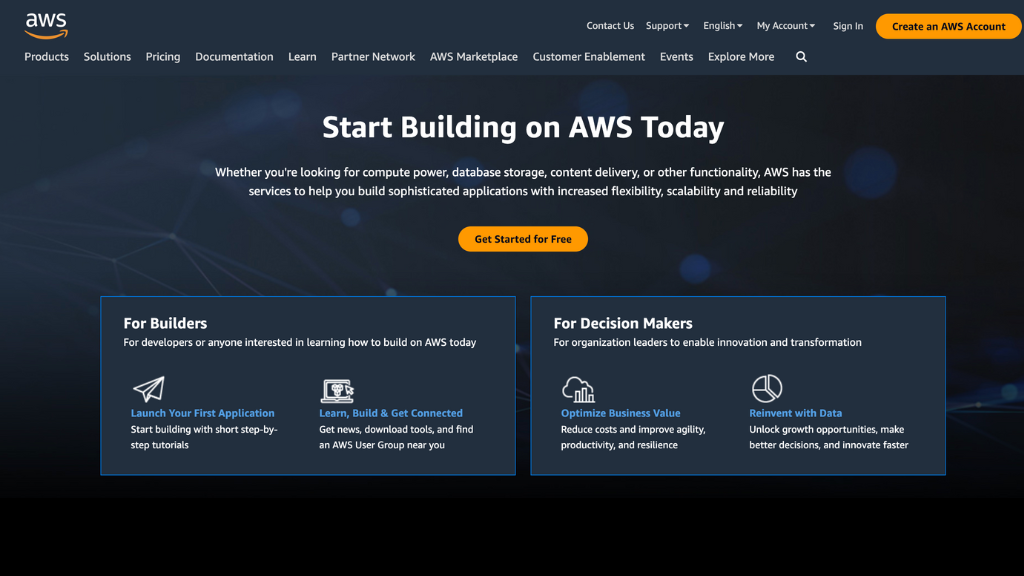
Azure, on the other hand, is a cloud computing platform offered by Microsoft, providing similar services to AWS. It was launched in 2010 and has since grown to become the second-largest cloud provider, with a 23% share of the market as of 2022.
Keras vs PyTorch: An In-depth Comparison and Understanding
Pricing
One of the most important factors to consider when choosing a cloud provider is pricing. Both AWS and Azure offer a pay-as-you-go pricing model, which means you only pay for the resources you use. However, the pricing structures of the two providers differ slightly.
AWS offers a wide range of pricing options, including on-demand, reserved instances, and spot instances.
- On-demand instances are the most expensive, but they provide the most flexibility, allowing you to scale up or down as needed.
- Reserved instances, on the other hand, offer a significant discount if you commit to using a certain amount of resources for a specified period of time.
- Spot instances are the cheapest option, but they are not guaranteed and can be terminated at any time.
Azure also offers a range of pricing options, including pay-as-you-go, reserved instances, and spot instances. However, Azure’s reserved instances are more flexible than AWS’s, allowing you to change the instance type or region at any time without penalty. Azure also offers a hybrid benefit program, which allows you to use your existing licenses to save more.
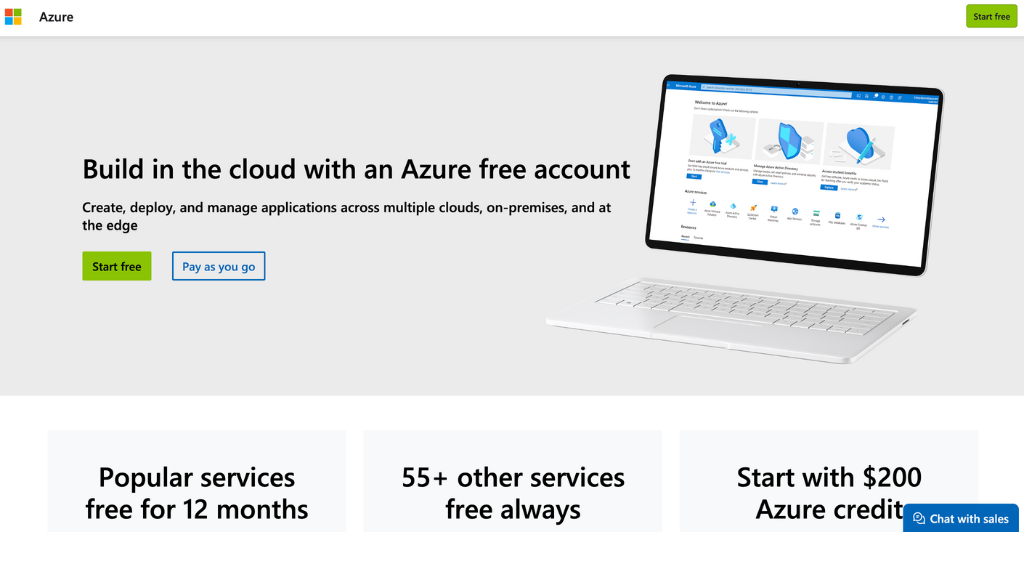
Compute Services
Both AWS and Azure offer a wide range of compute services, including virtual machines, containers, and serverless computing.
Virtual Machines: AWS offers a wide range of virtual machine options, including general-purpose, memory-optimized, and compute-optimized instances. Azure offers similar options, including general-purpose, memory-optimized, and compute-optimized instances. Both providers offer a variety of operating systems and support for popular programming languages.
Containers: AWS offers Amazon Elastic Container Service (ECS) and Amazon Elastic Kubernetes Service (EKS) for container management. Azure offers Azure Container Instances and Azure Kubernetes Service (AKS). Both providers offer support for popular container orchestration tools like Docker and Kubernetes.
Serverless Computing: AWS offers AWS Lambda for serverless computing, which allows you to run code without provisioning or managing servers. Azure offers Azure Functions, which provides similar functionality. Both providers offer support for a wide range of programming languages and integrations with other services.
Both AWS and Azure offer a wide range of storage services, including object storage, block storage, and file storage.
Object Storage: AWS offers Amazon S3 for object storage, which is highly scalable and durable. Azure offers Azure Blob Storage, which provides similar functionality. Both providers offer support for lifecycle policies, versioning, and encryption.
Block Storage: AWS offers Elastic Block Store (EBS) for block storage, which provides high-performance storage for virtual machines. Azure offers Azure Disk Storage, which provides similar functionality. Both providers offer support for different disk types and encryption.
File Storage: AWS offers Amazon Elastic File System (EFS) for file storage, which provides scalable and highly available file storage. Azure offers Azure Files, which provides similar functionality. Both providers offer support for different file systems and encryption.
JSON vs CSV: A Comparative Analysis of Data Formats
Big Data Services
Both AWS and Azure offer a wide range of big data services, including data warehousing, analytics, and machine learning.
Data Warehousing: AWS offers Amazon Redshift for data warehousing, which provides petabyte-scale data warehousing. Azure offers Azure SQL Data Warehouse, which provides similar functionality. Both providers offer support for different data sources and integrations with other services.
Analytics: AWS offers Amazon EMR for big data analytics, which provides a managed Hadoop framework. Azure offers Azure HDInsight, which provides similar functionality. Both providers offer support for different analytics tools and integrations with other services.
Machine Learning: AWS offers Amazon SageMaker for machine learning, which provides a fully managed platform for building, training, and deploying machine learning models. Azure offers Azure Machine Learning, which provides similar functionality. Both providers offer support for different machine learning frameworks and integrations with other services.
Conclusion
Both AWS and Azure offer a wide range of cloud services with similar pricing models and features. AWS is the market leader in cloud computing, with a wider range of services and a more mature platform. Azure, on the other hand, offers better integration with Microsoft’s on-premises technologies and a more consistent user interface. When choosing between AWS and Azure, it’s important to consider your organization’s specific needs and requirements. If you’re already using Microsoft technologies, Azure may be the better choice for you.
If you need a wider range of services and a more mature platform, AWS may be the better choice. Ultimately, both AWS and Azure are excellent choices for cloud computing, and the decision between the two will depend on your organization’s specific needs and priorities. By considering the factors we’ve discussed in this article, you can make an informed decision and choose the cloud provider that’s right for you.




